By now, it’s common knowledge that lifestyle changes such as diet, sleep, exercise, and the like can help to stave off depression. Britney Spears depression has helped bring the disease to the forefront. Britney Spears mental health is a hot topic and it helps get the conversation started in our everyday life. And it’s wonderful that we have come so far as to have this information available to help people who may be facing depression.
However, are there other ways that people can try to fight depression? Do other methods help? With each passing year, we see more and more changes in the world; we experience progress and innovation at more rapid rates than ever before. So it only makes sense that we see changes in mental health and depression, too. Sure, we don’t yet have a cure or solution to the mental illness, but that doesn’t mean there are no developments happening. For example, drugs like Zulresso for postpartum depression are hitting the market and finding a niche, despite the fact that it costs upwards of $20,000 or more and consists of a 60-hour-long injection (and, thus, has to be administered at a certified clinic by a healthcare provider).
What’s new when it comes to depression in 2019? While the disease itself may not change with the times, the ways we approach it can. In this article, we’ll explore recent news and developments as it relates to the mental illness of depression. We’ll take a look at what changes we are seeing and take a look ahead at the potential future of depression, in this year and beyond.
Keep reading if you would like to know more about the ways depression is changing and evolving as we go.
Celebrities are helping to end the stigma
One major change that is not relegated solely to 2019 but is a trend we’ve seen in recent years is the fact that more and more people are stepping up and speaking out about their mental illness. By being willing to be open and honest about their experience with depression, all of us together can work to end the stigma surrounding depression and other mental illnesses.
Stigma is one of the most prominent problems that people with mental illnesses encounter. On top of the pain and suffering that comes part and parcel with a mental illness, people face difficulty bringing their struggles to light.
As a study published in NCBI puts it, “Many people with serious mental illness are challenged doubly. On one hand, they struggle with the symptoms and disabilities that result from the disease. On the other, they are challenged by the stereotypes and prejudice that result from misconceptions about mental illness.” They may face a lack of understanding or even judgment as well as shame, persecution, and other issues when they come out and openly discuss the struggles they are facing. Stigma can stand in the way of people getting the help they need.
That’s why it’s so important that we as a human race band together to continue to erase the stigma around mental health. And, fortunately, some of the most prominent figures in our society are using their platforms to do this very thing. By communicating openly about their mental health struggles, celebrities are helping to end the stigma surrounding depression and other mental illnesses--when they prove their bravery by opening up about their own struggles, it paves the way for others to do the same.
For example, a recent article in People revealed that pop superstar Justin Bieber is undergoing treatment for depression, and he has also shared in the past about periods in his life where he needed to take time away due to his struggles with depression. “Justin Bieber is facing his demons head on,” the article says. “Multiple sources confirmed to People exclusively on Tuesday the singer is receiving counseling for depression, and one insider says the singer is very focused on his mental health. ‘His emotions are raw, but he knows that his counseling — however painful — is what he needs as he moves forward with his life,’ the insider says about the newlywed, 24… While Bieber’s counseling sessions — which have both spiritual and secular components from pastors and licensed professionals — haven’t been easy, the star is focused on becoming as healthy as possible. ‘He’s feeling very positive that he’s uncovering some root issues, and everyone is optimistic that this will help him figure out his next chapter,’ says the insider.”
Another article, in Elle magazine, is titled “30 Celebrities Who Have Opened Up About Depression, Anxiety, and Mental Health” and details over 30 different celebrities who have opened up about their struggles with depression in recent years, including the likes of Beyoncé, Adele, and even royalty: Prince Harry.
Popular singer Miley Cyrus shared, “[Depression is] more of an issue than people really want to talk about. Because people don't know how to talk about being depressed—that it's totally okay to feel sad. I went through a time where I was really depressed. … And every person can benefit from talking to somebody. I'm the most antimedication person, but some people need medicine, and there was a time where I needed some too. So many people look at [my depression] as me being ungrateful, but that is not it—I can't help it.”
These sorts of comments and this degree of openness, which was not common practice even in the past decade or so, is what is helping to end the stigma on a wider scale.
Depression...and your gut?
Could microbes in our guts be linked to depression? Believe it or not, yes--recent research suggests this is within the realm of possibility.
An article in Nature shares, “The once-wild idea that intestinal bacteria influence mental health has transformed into a major research pursuit. … But how does this ‘gut–brain axis’ work? The mechanisms by which microorganisms shape aspects of brain functioning such as memory and social behaviour, and how they might contribute to conditions such as depression and neurodegenerative disease, are tenuous and often controversial. Much of what we know so far is based on studies showing correlations between specific gut bacteria, their metabolites and neurological symptoms. But these correlations do not prove cause and effect.”
In one of the most recent studies on the gut-brain connection, however, “Researchers found that two groups of bacteria, Coprococcus and Dialister, were reduced in people with depression. And they saw a positive correlation between quality of life and the potential ability of the gut microbiome to synthesize a breakdown product of the neurotransmitter dopamine, called 3,4-dihydroxyphenylacetic acid. The results are some of the strongest yet to show that a person’s microbiota can influence their mental health. … The challenge now is to find out whether, and how, these microbe-derived molecules can interact with the human central nervous system, and whether that alters a person’s behaviour or risk of disease.”
As researchers continue to explore this avenue of study, we may see a strengthened connection that links our gut microbiome to our mental health. The implications of findings like this are major: perhaps we are one step closer to finding sure and proven ways to treat or even cure depression.
Depression could speed brain aging
In recent studies, researchers found that depression might speed the aging of our brains. Of course, things like our memory and speedy critical thinking skills do tend to naturally slow down with age. However, scientists are now exploring whether or not depression might contribute to make this natural process worse.
Because a new technique allows scientists to scan the brains of living people, not just post-death brains, they were able to discover that “patients with depression had a lower density of synapses than healthy people the same age,” according to an article published in The Washington Post.
“The lower the density, the more severe the depression symptoms, particularly problems with attention and loss of interest in previously pleasurable activities. ‘We think depression might be accelerating the normal aging’ … brain experts said the preliminary findings are a reminder of how important it is to treat depression promptly, so people don’t spend years suffering. … It might be that depression, rather than worsening synaptic decline, just makes it more obvious.”
While this research is still in its early phases, it is an important avenue to explore. The more we understand depression, the more we can do to make those who suffer from it more comfortable and help them recover more quickly and effectively than ever.
Is social media linked to depression?
It’s true that we are more connected than ever...but then why are some even lonelier than ever? It’s possible that with the rise of social media, we experienced the rise of depression, too. In fact, many people assume this to be true. But that doesn’t mean the evidence necessarily supports that theory.
According to an article published in Medical News Today, “Some studies have indicated that young people can develop an addiction to social media. Meanwhile, other studies have linked this with poor sleep, poor self-esteem, and potentially poor mental health. However, new research has now dispelled the belief that social media use can bring about depression.”
The study examined two groups of participants, a younger group and an older group of undergraduates. Their findings across the board were somewhat surprising. “The researchers analyzed the data, separating it into age and sex. The findings — which now appear in the journal Clinical Psychological Science — revealed that social media use did not lead to depressive symptoms later on. This held true in both groups of participants.”
This is positive news for technology--knowing that the use of social media does not necessarily lead directly to depression is a plus--but it does not help resolve the fact that depression is still linked to our personalities, activities, and the like, and social media can have a major influence on these things.
Virtual reality is being used to diagnose mental illness
Each passing year sees the release of new and ever more exciting technologies, but it’s not often that we see a technology come out that could aid in the treatment or diagnosis of mental illness. However, with the advent of virtual reality, some developers are doing just that.
Wired published an article examing this phenomenon. It states, “As a diagnostic tool, VR potentially offers some big advantages: It can create convincingly realistic simulations of experiences that may provoke symptoms, and it can do so consistently, potentially making diagnoses more objective—or at least less subjective.”
Currently, there are projects exploring the use of VR with the diagnosis and treatment of Alzheimer’s, PTSD, depression, and more. There are even potential uses for social anxiety disorder, vertigo, ADHD, schizophrenia, and concussions.
With the continual improvements in the technology of VR and the programs scientists are using with it for mental illness, the article claims that there is “every reason to suspect that VR will move beyond being an experimental diagnostic tool for mental health conditions, to a practical, everyday one. … And because it can detect symptoms early and often without the need for expensive equipment, it promises to open up the detection of psychiatric and neurological conditions to a greater number of people, at a time when such conditions are becoming more commonplace.”
A nasal spray to treat depression
One drug that has showed promise for helping to treat depressive symptoms may soon be available in a nasal spray and could become a mainstream treatment for depression.
Ketamine is a type of sedative that doctors have begun to test in small doses in recent years to help with depression. Its effects tend to kick in within minutes or hours--not days or weeks like other anti-depressants--which is why it shows promise to help those who are actively facing acute suicidal thoughts.
Despite its potential complications, which do demand further research, “it now seems likely that [ketamine] will earn approval from the FDA, which would make it the first new kind of depression treatment approved by the agency in decades since Prozac’s arrival in 1986 (and only the second drug ever approved for treatment-resistant depression, after the approval of a combination olanzapine/fluoxetine pill in 2009). … A final decision on the drug’s approval may come as soon as March,” according to an article in Gizmodo.
Are anti-depressant prescription meds right for you?
No matter how much progress we’ve made--and the amount is considerable; we have things like nasal sprays, Transcranial Magnetic Stimulation, VR, and more nowadays--we still do not have a cure for depression. Fortunately, there is a wide variety of depression medications out there for use in treating its debilitating symptoms. Talk with a medical provider about what may be right for you. Choosing the right anti-depressant for you can be an ongoing process, but your doctor should be able to assist you throughout.
Of course, it is helpful to do a bit of your own research so that you can bring a knowledgeable and informed perspective to the discussion with your doctor.
There are also many different types of anti-depressants out there. Some interact better with different people. Again, talk to your doctor about what may be right for you.
Below are the classes of available anti-depressants:
1. SSRIs: Celexa, Lexapro, Paxil, Prozac, Trintellix, Zoloft
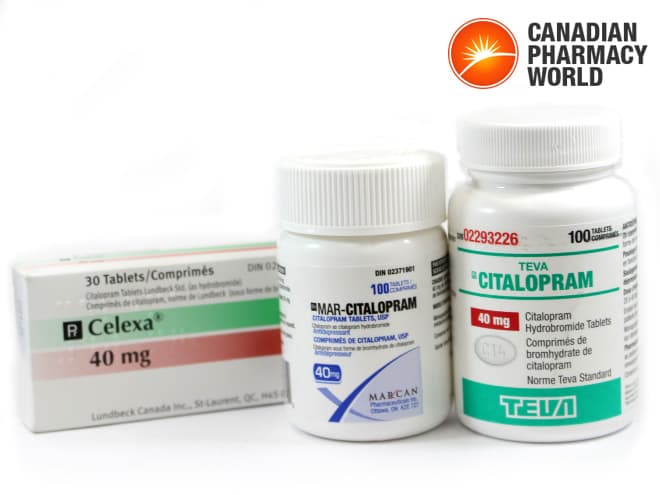
Photo Credit: buy Celexa from Canadian Pharmacy World
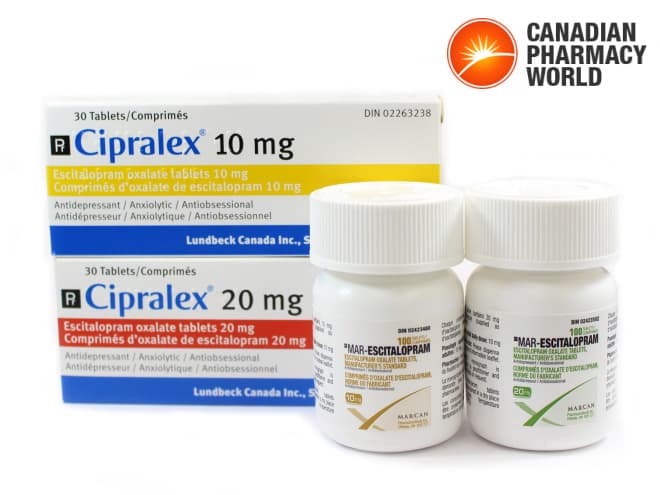
Photo Credit: buy Lexapro from Canadian Pharmacy World
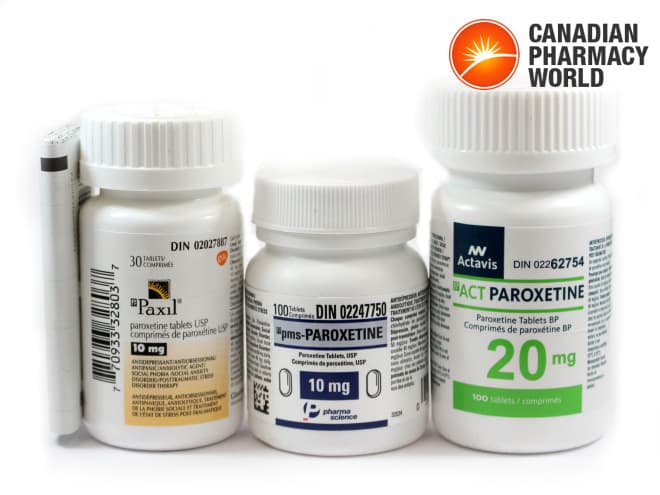
Photo Credit: buy Paxil from Canadian Pharmacy World
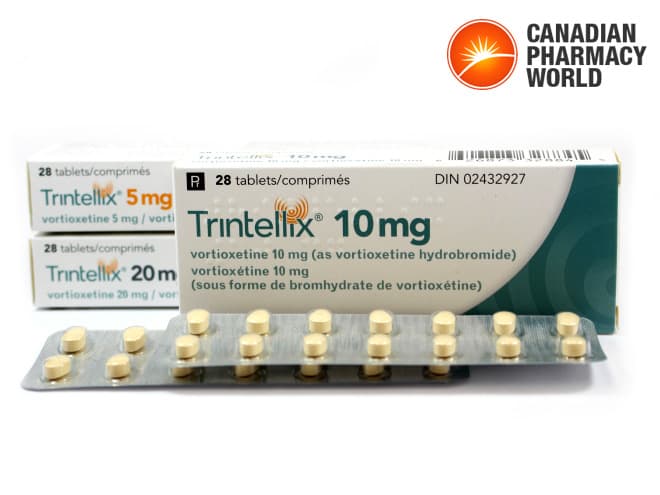
Phot o Credit: buy Trintellix from Canadian Pharmacy World
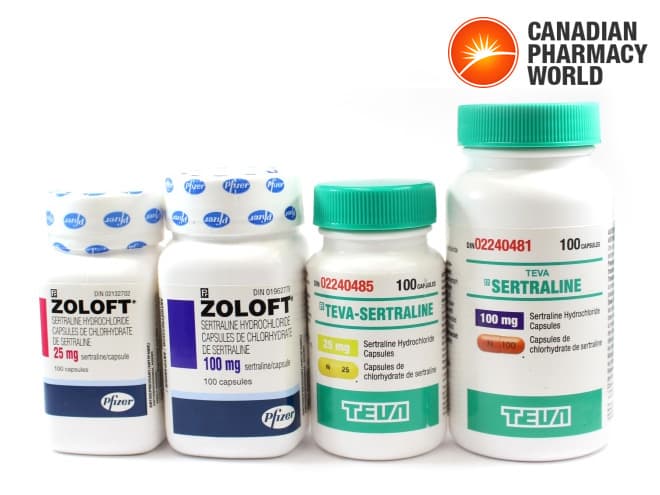
Photo Credit: buy Zoloft from Canadian Pharmacy World
2. SNRIs: Cymbalta, Effexor, Fetzima, Pristiq
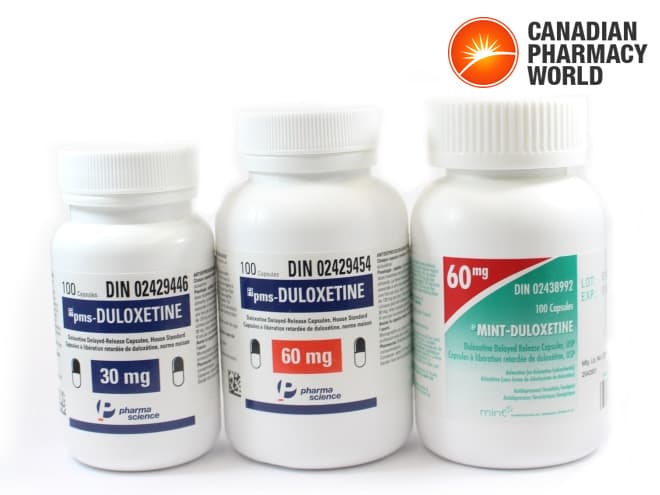
Photo Credit: buy Cymbalta from Canadian Pharmacy World
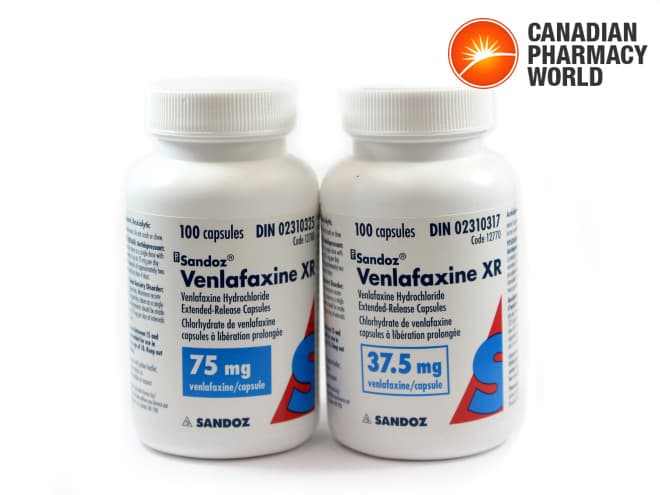
Photo Credit: buy Effexor XR from Canadian Pharmacy World
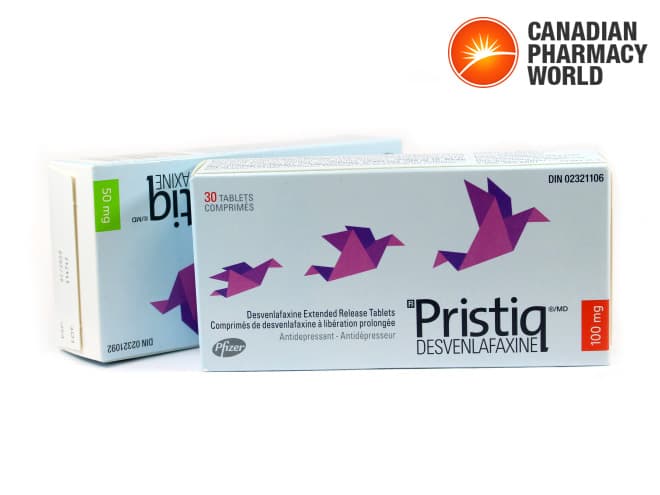
Photo Credit: buy Pristiq from Canadian Pharmacy World
3. Tricyclics: Anafranil, Elavil
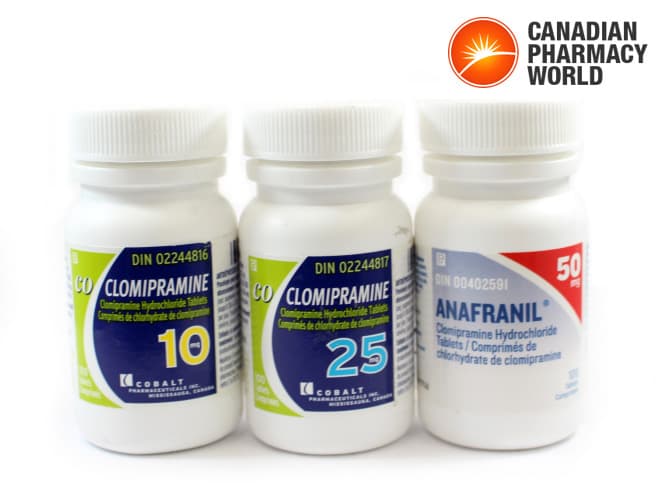
Photo Credit: buy Anafranil from Canadian Pharmacy World
4. MAOIs: Nardil, Parnate
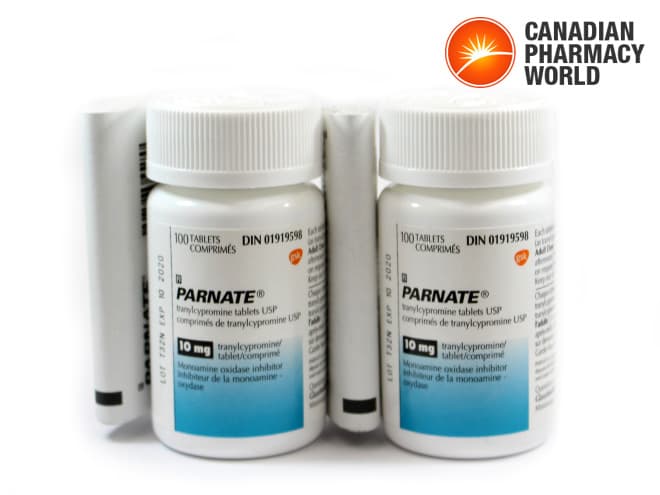
Photo Credit: buy Parnate from Canadian Pharmacy World
5. Atypical: differ from other classes of antidepressant, including Desyrel, Remeron, Wellbutrin, Wellbutrin SR
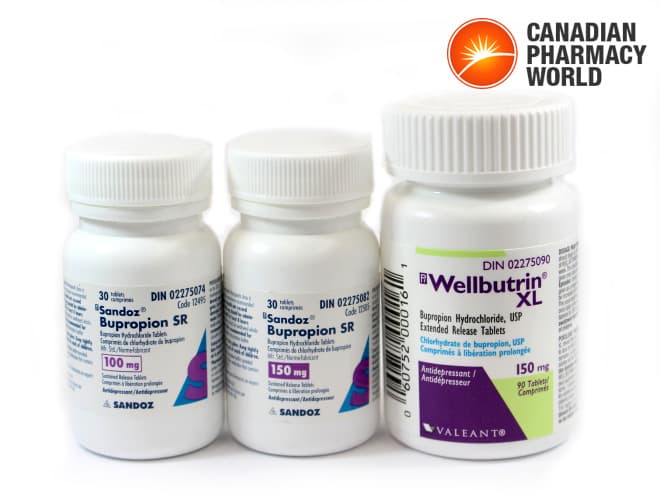
Photo Credit: buy Wellbutrin XL from Canadian Pharmacy World
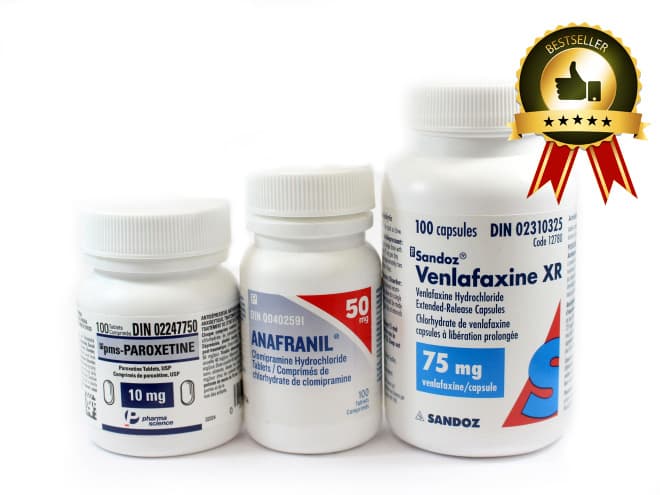
Photo Credit: Bestseller antidepressants by Canadian Pharmacy World
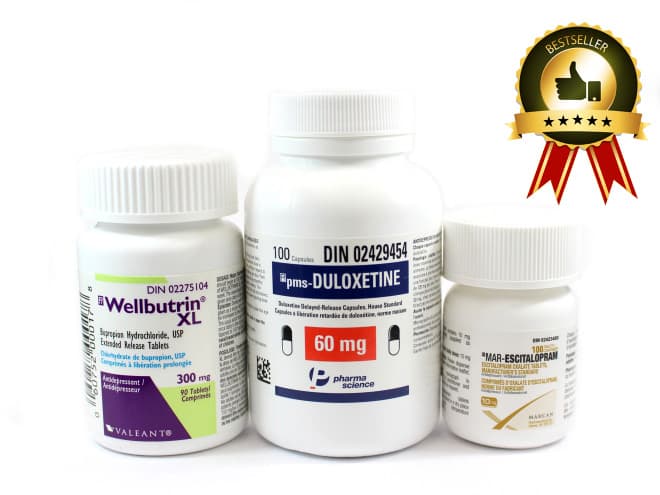
Photo Credit: Bestseller antidepressants by Canadian Pharmacy World
6. A possible new category: ketamine nasal spray
Finding the right anti-depressant medication may take time, but that’s okay. The right drug for you can depend on a number of factors, including your particular symptoms, the possible side effects you’ll face, interactions with other medications, pregnancy/breastfeeding, and more. Another factor may be your particular insurance coverage and the cost.
However, if cost is a prohibitive issue for you, know that it doesn’t have to be. Read on for the best place to buy your anti-depressants for a low price with convenient home delivery.
###
Skye Sherman is a professional writer who has been published in numerous local and international outlets. She has also worked for a wellness company and is very familiar with the healthcare industry. She holds a degree from a Florida university.
Your email address will not be published. Required fields are marked with *.